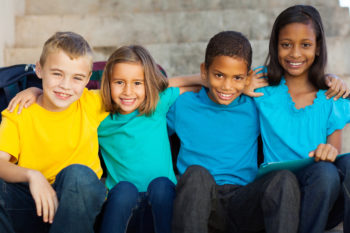Cultural Awareness Summer Programs
Cultural Awareness Summer Programs
As our children focus on the last days of the school year, parents are anxiously trying to secure adequate childcare and enrichment programs for their children once school is out. Some parents focus on sports camps, wilderness camps, and performing arts camp activities. Other parents use much of the summer for parks and recreational play dates. And other parents will focus on academic learning boot camps. It is important to balance your children’s summer play with a variety of activities to ensure that they have time to regroup and learn many new skills.
 Experiencing Your Culture
Experiencing Your Culture
Ideally, children will also have time to learn more about their culture and family’s values. Our family has participated in Japanese-American cultural camps throughout the years. These elementary school age summer programs vary in length and encourage the students to appreciate their Japanese heritage and take pride in their unique cultural background. Parents are encouraged to participate in every aspect of the program and share their talents with the children.
Through these programs, children gain an appreciation for the diversity of lifestyles that make up our society today (see www.suzumenogakko.org or www.medakanogakko.org for more information). Each area camp is different and may include some of the following activities:
- Lessons in language, crafts, and music
- Family life of Japanese Americans
- Learning Japanese cooking and farming
- Japanese gardening
- Games, sports, and martial arts
- Japanese-American history and relocation camps
- Field trips to local businesses and public landmarks that may depict Japanese architecture
- Guest assemblies, celebrations, and community service events
Reading About Your Culture
When considering the variety of cultural experiences shared in these camps, parents can read books to their children about cross-cultural perspectives. For example, we can help our children understand the relocation camp experience by reading Mei Ling in China City by Icy Smith. The book is based on events during World War II in Los Angeles China City. The story describes how a 12-year-old Chinese American girl named Mei Ling Lee loses her best friend, Yayeko Akiyama, to the Manzanar War Relocation Center. By corresponding through letters, the girls vividly describe their painful separation and their lives in China City and Manzanar. The story depicts these hardships and experiences with beautifully illustrated watercolor paintings.
Celebrate Your Culture
May your summer be filled with opportunities to celebrate your culture and your community’s diversity of lifestyles!
Joyce
Copyright © 2019 by GenParenting
